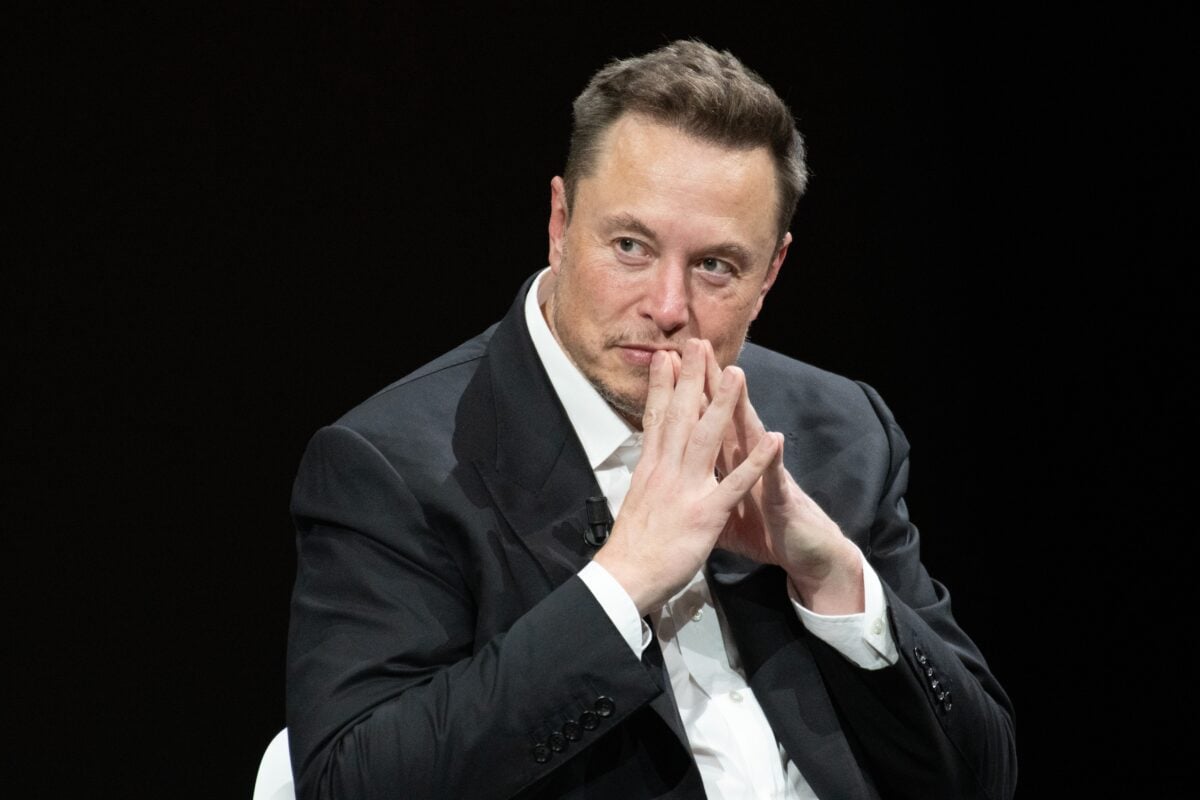TLDRs;
Contents
- Musk secretly approached Zuckerberg for help funding a $97.4B OpenAI takeover, court filings reveal.
- OpenAI calls Musk’s move a “sham bid,” accusing him of disrupting its business and harassing leadership.
- Zuckerberg declined to sign, though Meta’s interest underscores AI’s competitive and high-stakes environment.
- With OpenAI nearing a $500B valuation, Musk’s $97B bid now looks dramatically undervalued.
Elon Musk’s ambitions to reshape the artificial intelligence (AI) landscape reached new heights earlier this year when he reportedly approached Meta CEO Mark Zuckerberg to help finance a US$97.4 billion takeover of OpenAI.
According to federal court filings released on August 21, the proposal was delivered in early 2025 as part of a wider dispute that continues to play out between Musk and the AI company he once co-founded.
The revelation comes from a lawsuit in Northern California, where OpenAI and Musk are locked in a heated legal battle. While Musk claims OpenAI abandoned its non-profit mission, the company has countered with allegations that Musk’s moves, including the takeover bid, were designed to disrupt its operations and tarnish its reputation.
Musk and OpenAI’s fractured relationship
Musk helped establish OpenAI in 2015 with the goal of ensuring artificial intelligence would benefit humanity broadly. However, his relationship with CEO Sam Altman soured as the company shifted toward a capped-profit model. By 2023, Musk had launched xAI, his own AI startup, positioning it as a direct rival to OpenAI.
The filings suggest that Musk was determined to reclaim control of OpenAI or, at the very least, weaken its momentum. His letter of intent to Meta outlined consortium financing arrangements rather than a simple buyout, signaling that multiple heavyweight investors would have been required to make the deal viable.
OpenAI, however, has painted the offer as a “sham bid” or one designed less to succeed than to interfere with its growth. In counterclaims, the company accused Musk of harassment through litigation and repeated public criticism of Altman’s leadership.
Zuckerberg’s non-committal stance
Court filings further revealed that Musk had reached out directly to Zuckerberg, hoping Meta would join the proposed deal. While Meta confirmed receiving the letter of intent, neither Zuckerberg nor the company signed it.
OpenAI has since subpoenaed Meta for communications linked to the bid, though Meta has pushed back, labeling the requests “overly burdensome.” Legal experts note that Meta’s limited involvement may shield it from deeper scrutiny, but the episode highlights how AI rivalry is producing unusual corporate alliances.
The possibility of a Musk–Zuckerberg collaboration raised eyebrows across Silicon Valley, given the two billionaires’ history of sharp disagreements, particularly around social media governance, AI ethics, and even space technology.
OpenAI’s soaring valuation outpaces Musk’s bid
When Musk floated his $97.4 billion proposal in February 2025, the number seemed enormous. Yet in hindsight, it may already have been a bargain. OpenAI has since closed a $40 billion funding round at a $300 billion valuation and is now reportedly nearing $500 billion, which would make it the world’s most valuable private company.
Revenue projections add weight to the surge where OpenAI expects to grow from $3.7 billion in 2024 to $12.7 billion in 2025, underscoring the extraordinary pace of AI adoption across industries. Musk’s proposed figure now represents less than 20% of the company’s estimated worth, suggesting his timing either reflected prescience about AI’s future or was deliberately conservative.
Talent wars fueling billion-dollar alliances
Meta’s involvement underscores the fierce competition for AI talent and technology. Court filings revealed Meta has been offering AI researchers packages exceeding $100 million, while simultaneously attempting to recruit staff from OpenAI.
The broader battle extends to Google DeepMind, Anthropic, and Musk’s xAI, each racing to secure leading researchers and computing resources. Analysts say this “talent war” is forcing companies to consider partnerships that would have seemed unthinkable just a few years ago.
Although Musk’s proposal ultimately went nowhere, it reflects the intensifying struggle for AI dominance, where deals worth tens of billions are increasingly table stakes.


